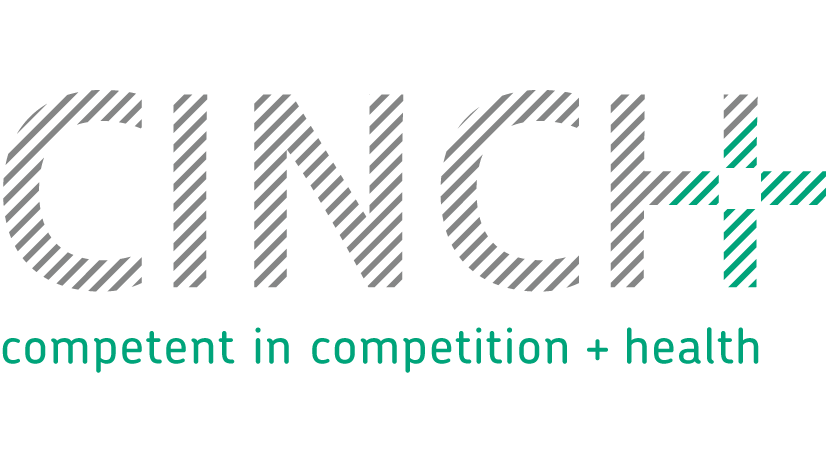Research Institutes

CINCH
„Competent in competition and healthˮ – both claim and aspiration of the health economic research center CINCH in Essen.
The current public debate on health care in Germany revolves around the conflict between providing comprehensive and high-quality medical services on the one hand and curbing the costs of health care on the other. More competition in the markets for health care and insurance can help mitigate this trade-off. Issues of competition in health care are therefore at the core of health economics research at CINCH, which is organized within two junior research groups and several complementary projects.
More Information
elfe
Essen's Labatory for experimental economic's research (elfe)
eBay instead of a flea market, My-Hammer instead of a business directory — the online auction is one of the fastest growing sectors of eCommerce. Academic research projects are increasingly looking at this phenomenon.
Opened in 2009, the aim of the laboratory is to analyse the effect of various types of communication on the economic decision-making of participants in virtual markets. How do people make decisions when confronted with social dilemmas and what is the role of communication in this process? Which auction mechanisms will win among the variety of platforms available? To what extent can communication be harnessed as a reputation mechanism?
With 26 modern computer workstations including 12 sound-insulation booths, which are interconnected via a video and audio conference system, elfe is the world's best equipped experimental laboratory for researching business interaction and communication.
More InformationHECF
The House of Energy, Climate & Finance (HECF) is a leading research institution at the interface between energy, climate and finance located at the University of Duisburg-Essen (UDE). It builds on the expertise and international visibility of the participating departments at UDE, bundling existing competences in a research and teaching center on sustainable markets, systems and decision-making concepts.
A special feature of the HECF is the combination of expertise in empirical economic methods, quantitative finance, risk management, operations research, data science and engineering. This interdisciplinary approach promotes innovative and sustainable solutions for improving energy and climate systems.
More Information